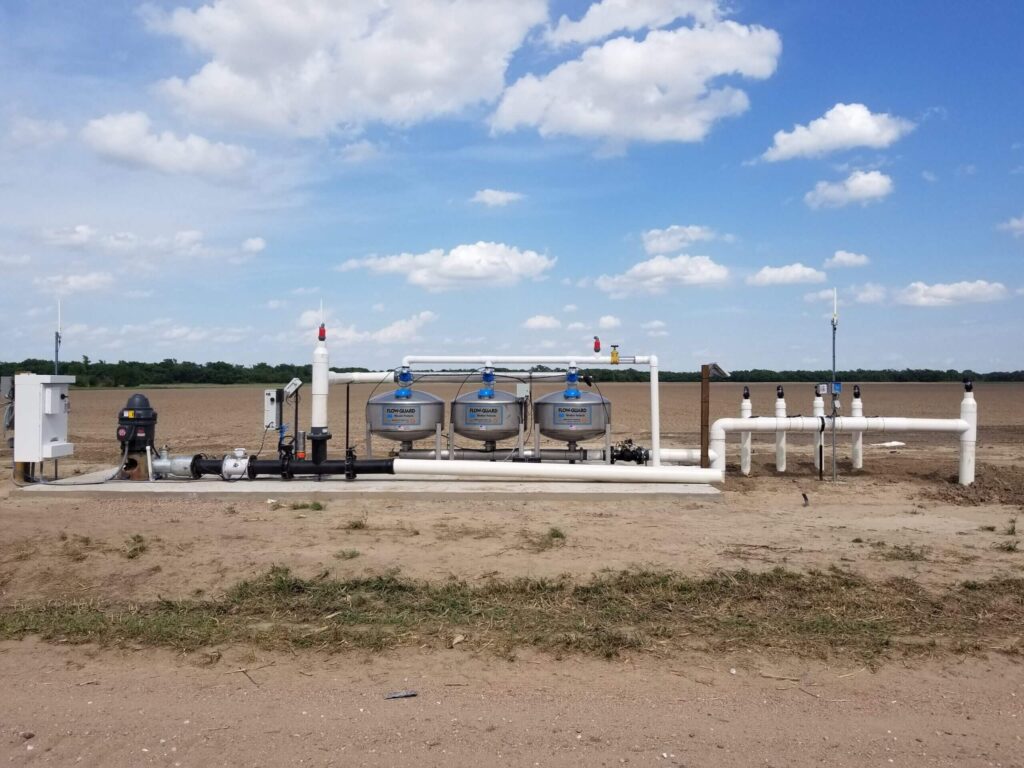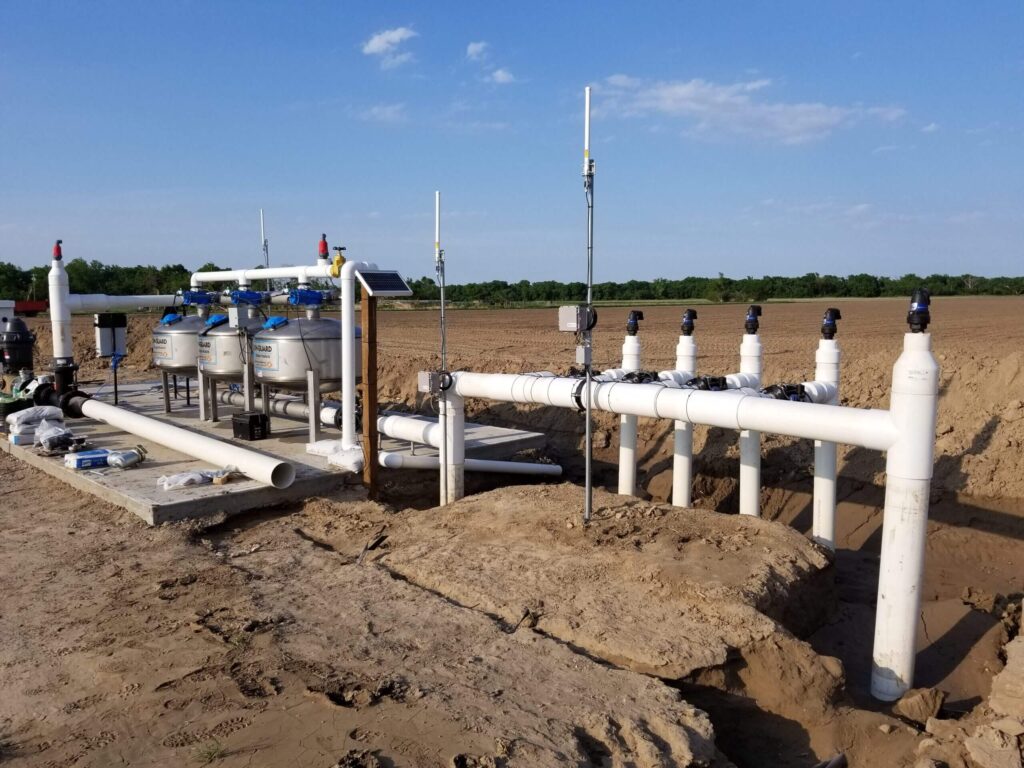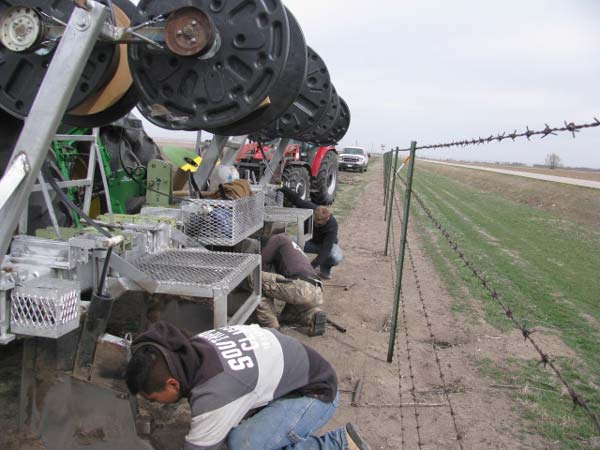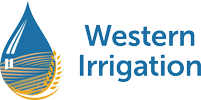Irrigating Corn for Sustainable Agriculture: A Path to Profitability
With modern agriculture practices rapidly depleting resources and damaging ecosystems, there is a growing need to adopt sustainable methods of farming to ensure long-term profitability in the industry. One such method that has caught the attention of farmers worldwide is irrigating corn. This ancient technique has proven to be extremely effective not only in conserving water but also in enhancing the quality and quantity of corn yields. In this blog, we aim to explore the various benefits of irrigating corn for sustainable agriculture and explain how this traditional method can lead to greater profitability for farmers. So, whether you’re a seasoned farmer or someone interested in sustainable agriculture practices, continue reading to find out what makes irrigating corn the perfect choice for a more profitable future.

The Importance of Irrigation System in Corn Farming
Corn farming is a vital part of the agriculture industry, with an increasing demand for corn globally. Irrigation systems play a significant role in corn farming, ensuring reliable growth and high yields. Without proper irrigation methods, corn crops are prone to diseases and pests, which can reduce crop production drastically. Irrigation systems offer an efficient way of delivering water to crops and allow for effective control of the water supply, prevent soil erosion, and maintain soil fertility.
The use of irrigation systems in corn farming is considered a sustainable and cost-effective solution. This method allows farmers to conserve water, reduce water losses due to evaporation, and optimize water application. In addition to watering the crops, irrigation systems can also deliver essential nutrients and fertilizers directly to the root zone of the crops. This helps to improve crop quality and overall productivity.
The importance of irrigation systems in corn farming cannot be understated. It is vital for farmers to invest in high-quality irrigation systems to increase their crop yields and provide an affordable solution for consumers. With the increasing demand for corn globally, efficient irrigation systems will play a crucial role in meeting the world’s food demand, sustainably and successfully. Moreover, this technology allows farmers to maximize their yields while conserving precious natural resources such as water, soil, and energy.
4 Types of Corn Irrigation Systems
There are several types of irrigation systems used in corn farming, each with its unique benefits and challenges. Let’s take a closer look at the four most commonly used irrigation systems for corn farming:
- Flood Irrigation: This is the most traditional form of irrigating corn, where water is distributed through furrows or ditches between rows of crops. While this method is simple and inexpensive, it can lead to significant water losses due to runoff and evaporation.
- Sprinkler Irrigation: In this method, water is sprayed over the crops using overhead sprinklers. This system allows for better control of water application and reduces water loss compared to flood irrigation.
- Drip Irrigation: This system involves delivering small amounts of water directly to the root zone of crops through a series of tubes or pipes. This method is highly efficient in water conservation and allows for precise delivery of water and nutrients to specific areas, leading to higher crop yields.
- Center Pivot Irrigation: In this system, long pipes with sprinklers attached are rotated around a central pivot point, providing circular coverage to the entire field. This method is ideal for larger fields but can be expensive to install and maintain.
By choosing the most suitable irrigation system for their corn crops, farmers can significantly increase their productivity and profitability while minimizing water consumption and environmental impact.

Benefits of Proper Corn Irrigation
Proper corn irrigation has numerous benefits for both farmers and the environment. Some of these benefits include:
- Increased crop yields: One of the most significant advantages of irrigating corn is the increase in crop production. By providing adequate water and nutrients to crops, farmers can achieve higher yields with better quality.
- Reduced water consumption: With efficient irrigation systems, farmers can reduce their water consumption significantly, leading to long-term sustainability and cost savings.
- Soil conservation: By delivering water directly to the root zone of crops, irrigating corn helps maintain soil moisture levels, preventing soil erosion and improving soil fertility.
- Cost-effectiveness: While investing in irrigation systems may require an initial investment, it eventually proves to be a cost-effective solution for farmers. With higher yields and reduced water consumption, farmers can increase their profits over time.
- Environmental impact: Proper irrigation helps conserve natural resources like water, soil, and energy, making it a sustainable farming practice that benefits the environment as well.
With the variety of irrigation systems available, farmers can choose the most suitable option for their crops, leading to increased yields, reduced water consumption, and overall success in the agriculture industry.
Best Practices for Irrigating Corn Sustainably
To ensure the most effective and sustainable irrigation practices for corn farming, here are some best practices that farmers should follow:
- Regular maintenance of irrigation systems: Proper maintenance of irrigation systems ensures optimal performance and prevents water wastage.
- Monitoring soil moisture levels: Farmers should regularly monitor soil moisture levels to ensure that crops receive adequate water without overwatering. This can be done using soil moisture sensors or by visually inspecting the soil.
- Utilizing efficient irrigation systems: Choosing the right irrigation system for corn farming can significantly impact crop yields and water consumption. Farmers should consider factors such as field size, topography, and water availability when selecting an irrigation system.
- Incorporating crop rotation: Planting corn in different fields each year helps to maintain soil fertility and reduce the risk of soil-borne diseases. It also helps to optimize water usage by rotating crops with different irrigation needs.
- Implementing precision farming techniques: By using advanced technologies like GPS-guided tractors and drones, farmers can apply water and nutrients precisely where they are needed, reducing waste and maximizing yields.
By following these best practices, farmers can ensure optimal crop production while minimizing their environmental impact and maximizing profitability.

Application of Sustainable Irrigation Techniques
Sustainable irrigation techniques are becoming increasingly important in the agriculture industry as the demand for food production continues to rise. By adopting sustainable irrigation practices, farmers can reduce their environmental impact and ensure the long-term viability of their land for future generations.
One such technique is drip or micro-irrigation, which involves delivering small amounts of water directly to the root zone of plants through a network of tubes or pipes. This method allows for precise water application, minimizing waste and maximizing water use efficiency.
Another sustainable irrigation technique is rainwater harvesting, which involves collecting and storing rainwater for later use in irrigation. This approach not only conserves natural resources, but it also helps to reduce reliance on traditional sources of water such as groundwater.
In addition to these techniques, proper water management practices, such as mulching and cover cropping, can also contribute to sustainable irrigation. These practices help to retain soil moisture and reduce water evaporation, resulting in less water usage.
Effective corn irrigation is crucial for successful crop production and long-term sustainability in the agriculture industry. By choosing the right irrigation systems, following best practices, and implementing sustainable techniques, farmers can maximize yields, reduce water consumption, and contribute to a healthier environment.
Successful Corn Irrigation Management
Successful corn irrigation management is critical to ensuring optimal crop yield and profitability for farmers. Not only does proper irrigation help to combat water stress and enhance nutrient uptake, but it can also reduce soil erosion and increase soil fertility. In order to effectively manage corn irrigation, farmers must take into account various factors such as soil type, weather conditions, and crop growth stage. With the right irrigation techniques and equipment, farmers can achieve greater efficiency and productivity on their land.
One of the most effective ways to ensure successful corn irrigation management is through precision irrigation. This cutting-edge technology uses real-time data and sensors to adjust watering levels and timing based on specific crop needs and environmental conditions. This not only reduces water waste and energy usage, but it can also significantly boost crop yields and quality. In addition, using precision irrigation can help limit soil compaction and preserve soil moisture, which can further contribute to overall crop health and sustainability.
Another important aspect of successful corn irrigation management is proper scheduling. Depending on the specific variety of corn and its growth stage, different amounts of water and frequency of watering may be required to achieve optimal results. For instance, during the early stages of growth, corn plants require less water than during the reproductive phase as they establish their root systems and grow in size.
In conclusion, proper irrigation is crucial for sustainable and profitable corn farming. By following best practices such as regular maintenance, efficient irrigation systems, crop rotation, and precision farming techniques, farmers can achieve optimal crop production while minimizing their environmental impact. Additionally, investing in high-quality equipment and utilizing soil moisture conservation techniques can further enhance profitability. With the right management strategies and technology, successful corn irrigation can lead to long-term success for farmers and the agriculture industry as a whole. So, it is essential for farmers to continuously educate themselves on the latest techniques and advancements in irrigation to stay ahead in the ever-evolving agriculture industry. By prioritizing sustainable and efficient irrigation practices, we can not only ensure a successful harvest but also contribute towards a more environmentally friendly and profitable future for all. Let’s continue to work towards responsible and sustainable corn irrigation practices for a brighter tomorrow. The end result? A thriving and robust agriculture industry that can support the growing population while preserving our precious natural resources.
